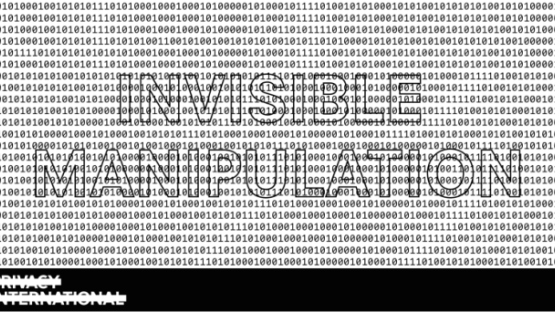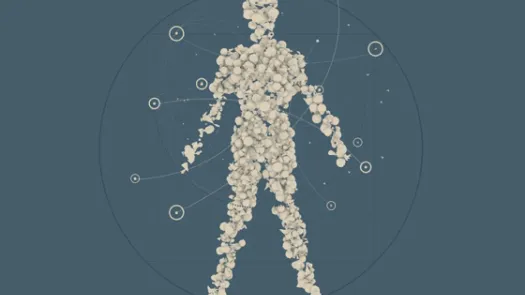Invisible Manipulation: 10 ways our data is being used against us

The era where we were in control of the data on our own computers has been replaced with devices containing sensors we cannot control, storing data we cannot access, in operating systems we cannot monitor, in environments where our rights are rendered meaningless. Soon the default will shift from us interacting directly with our devices to interacting with devices we have no control over and no knowledge that we are generating data. Below we outline 10 ways in which this exploitation and manipulation is already happening.
1. Fintech and the Financial Exploitation of Customer Data
Financial services are collecting and exploiting increasing amounts of data about our behaviour, interests, networks, and personalities to make financial judgements about us, like our creditworthiness.
2. Profiling and Elections — How Political Campaigns Know Our Deepest Secrets
Political campaigns around the world have turned into sophisticated data operations.
3. Connected Cars and the Future of Car Travel
As society heads toward an ever more connected world, the ability for individuals to protect and manage the invisible data that companies and third parties hold about them, becomes increasingly difficult. This is further complicated by events like data breaches, hacks, and covert information gathering techniques, which are hard, if not impossible, to consent to.
4. The Myth of Device Control and the Reality of Data Exploitation
Our connected devices carry and communicate vast amounts of personal information, both visible and invisible.
5. Super-Apps and the Exploitative Potential of Mobile Applications
For those concerned by reporting of Facebook’s exploitation of user data to generate sensitive insights into its users, it is worth taking note of WeChat, a Chinese super-app whose success has made it the envy of Western technology giants, including Facebook. WeChat has more than 900 million users. It serves as a portal for nearly every variety of connected activity in China.
6. Smart Cities and Our Brave New World
Cities around the world are deploying collecting increasing amounts of data and the public is not part of deciding if and how such systems are deployed.
Many technologies, including those that are critical to our day-to-day lives do not protect our privacy or security. One reason for this is that the standards which govern our modern internet infrastructure do not prioritise security which is imperative to protect privacy.
8. Invisible Discrimination and Poverty
Online, and increasingly offline, companies gather data about us that determine what advertisements we see; this, in turn, affects the opportunities in our lives. The ads we see online, whether we are invited for a job interview, or whether we qualify for benefits is decided by opaque systems that rely on highly granular data. More often than not, such exploitation of data facilitates and exacerbates already existing inequalities in societies — without us knowing that it occurs. As a result, data exploitation disproportionately affects the poorest and most vulnerable in society.
9. Data and Policing - Your Tweet Can and Will Be Used Against You
Police and security services are increasingly outsourcing intelligence collection to third-party companies which are assigning threat scores and making predictions about who we are.
10. The Gig Economy and Exploitation
Gig economy jobs that depend on mobile applications allow workers’ movements to be monitored, evaluated, and exploited by their employers.



